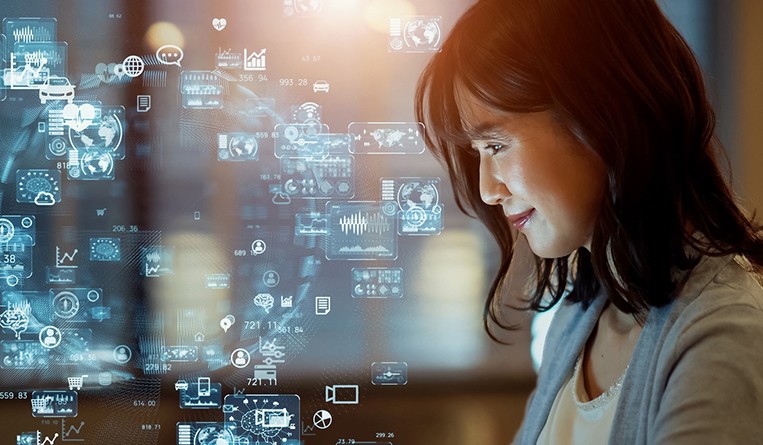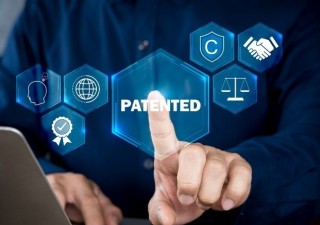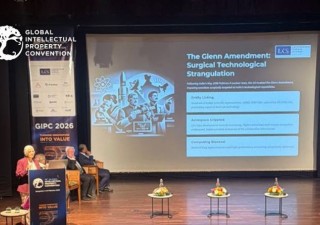AI providers required to safeguard IP rights, says Japan report
26 April 2024

According to the summary of the draft interim report of a government panel in Japan, artificial intelligence providers will be required to create terms of use that safeguard intellectual property rights. Some recommendations included in the study by the expert panel on IP rights in the AI era are anticipated to serve as a guide for both generative AI developers and consumers.
The Japanese government formed the panel in reaction to the quick advancements in generative AI. It intends to debate the matter in light of the interim report at the panel meeting on April 22, 2024. An official decision on the new regulations might be made as early as May.
According to the draft interim report, the parties involved in generative AI will need to collaborate at every stage to safeguard IP rights, which will be protected by laws, technologies and contracts that will be in a “complementary relationship at each stage.”
More precisely, the paper urges AI developers to use technologies that lessen the possibility of violating rights and to gather data equitably. The research also recommends that creators of copyrighted works submit them to AI learning platforms with the requirement for user IDs and passwords to limit access and keep out-of-intended receivers from accessing the content. According to the paper, frequent users of AI should check the terms of service to see if an AI platform allows IP rights.
The report also provides a list of potential technological fixes. These include digital watermarks that let people know whether a picture was created by AI, technologies that block access to programs that automatically gather massive quantities of data, and tools that stop AI learning by applying a specific filter to photos.
In addition, the report notes that even in cases where IP rights are not legally protected, creators may demand compensation from AI developers in contracts. Article 30-4 of the copyright law, which permits AI to study copyrighted works without permission, served as the influence for this.
The report also recognizes the shortcomings of current legislation since skills developed during the production of artworks and literary or creative genres that are difficult to define precisely are not covered by the copyright law.
- Excel V. Dyquiangco






